Big on Small
I’m big on small and have been for much of my adult life. Not just small but tiny if at all possible. What might it mean to be small?
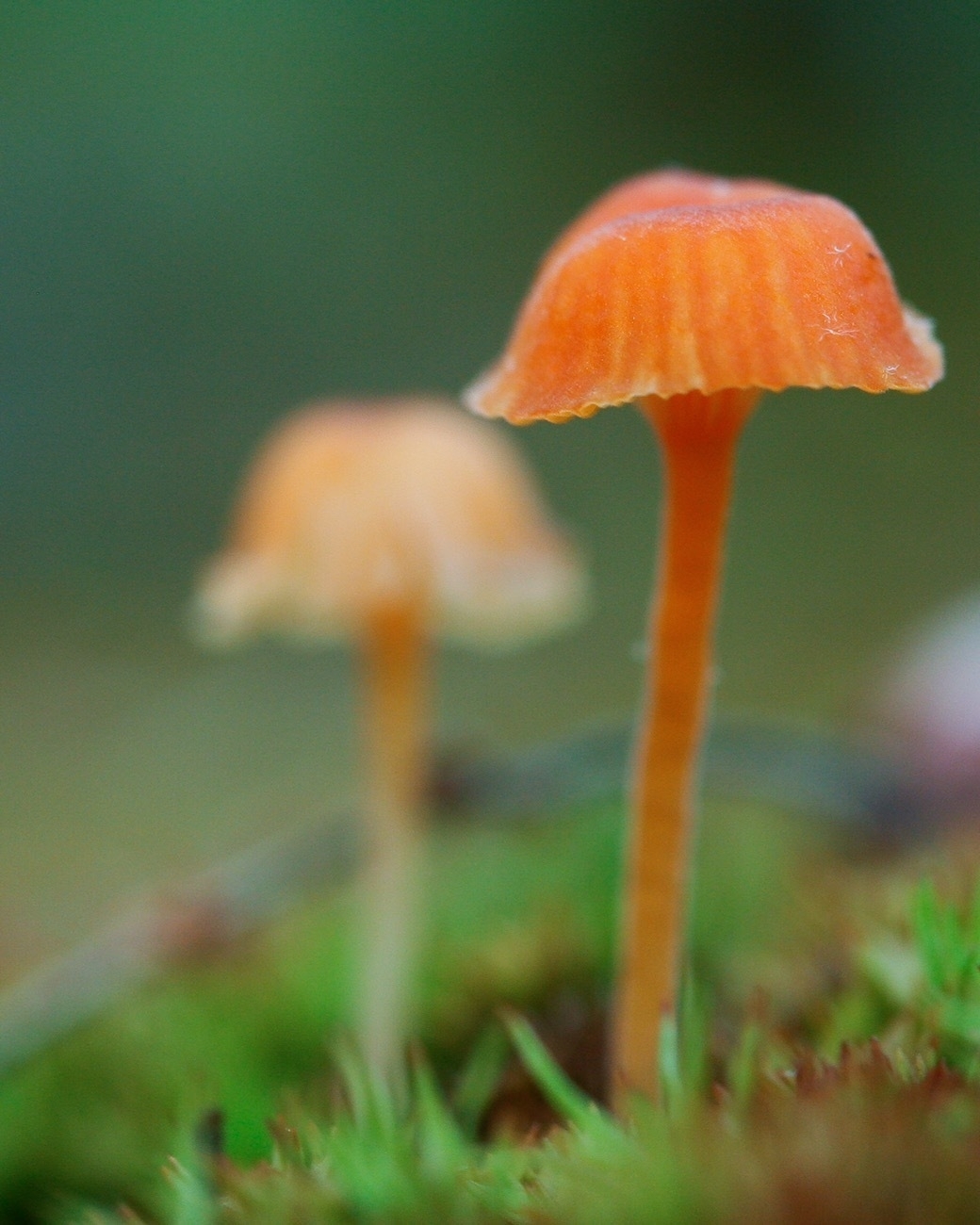 I’d suggest that we just start by acknowledging our own smallness. We spend much of our lives in a relentless effort to find or create our identity which is a part of proving our worth to the world around us. It might be that we do this with good deeds or, as often seems to be the case, with accumulation of one sort or another. It’s this latter bit that leads so many to a lifetime of bigger houses, faster cars, prettier clothing.
I’d suggest that we just start by acknowledging our own smallness. We spend much of our lives in a relentless effort to find or create our identity which is a part of proving our worth to the world around us. It might be that we do this with good deeds or, as often seems to be the case, with accumulation of one sort or another. It’s this latter bit that leads so many to a lifetime of bigger houses, faster cars, prettier clothing.
[caption id=“attachment_812” align=“aligncenter” width=“1300”]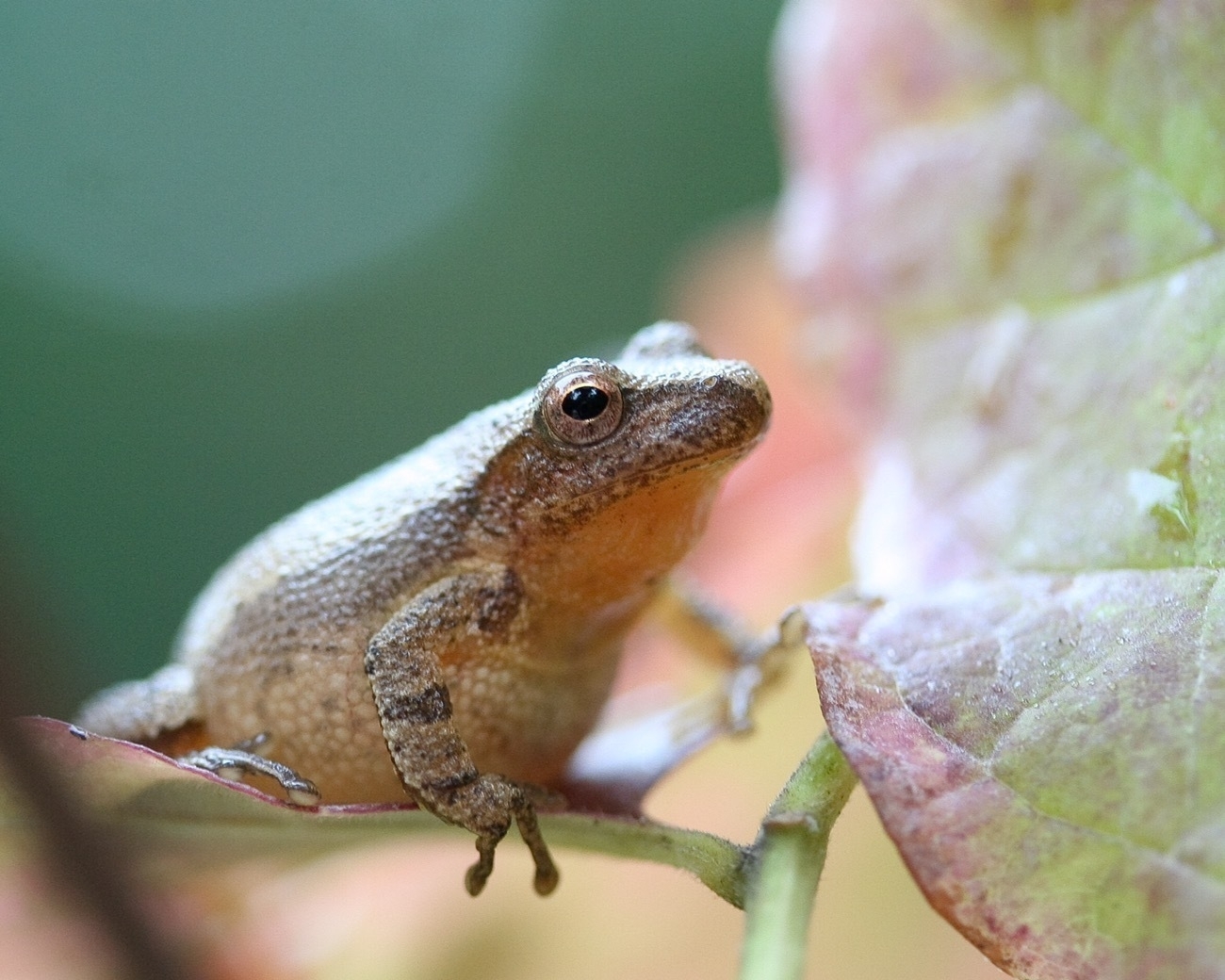 Spring Peeper[/caption]
Spring Peeper[/caption]
But really, we are, each of us just a tiny being sharing a tiny planet with 7 billion other tiny beings such as ourselves. And, of course, our tiny planet is just one of many billions in our galaxy which is itself just one of many billions in the known universe. To say that we are small is an understatement. And yet, our scale, both in physical size as well as in time, is what we experience day to day. It’s what we know and what we function in.
[caption id=“attachment_813” align=“aligncenter” width=“1300”]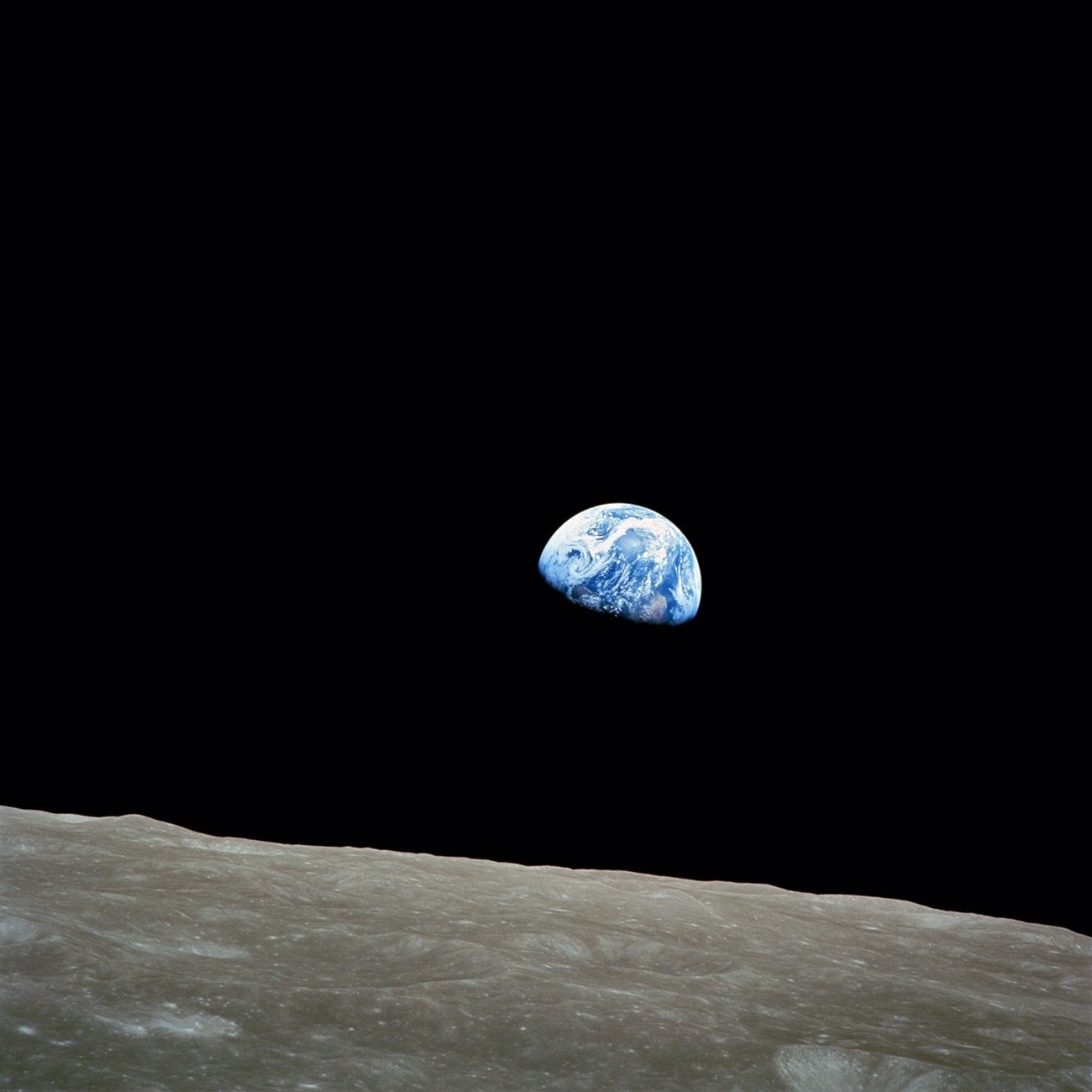 Earthrise[/caption]
Earthrise[/caption]
Our lives are small in so many ways. In the span of humanity we are but a tiny blip. Humanity itself is just a moment in the larger span of time. It’s easy to feel insignificant and in a strange way we many of us spend much of our lives trying to prove ourselves otherwise. Steve Jobs referred to it as “putting a dent in the universe.” The striving to leave a mark, to leave our mark. Sadly, in our striving to leave a mark, the collective mark we may leave is more a scar on the tiny planet we inhabit. Our mark might well be not just our own extinction but it is, as I write these words, the extinction of many other species.
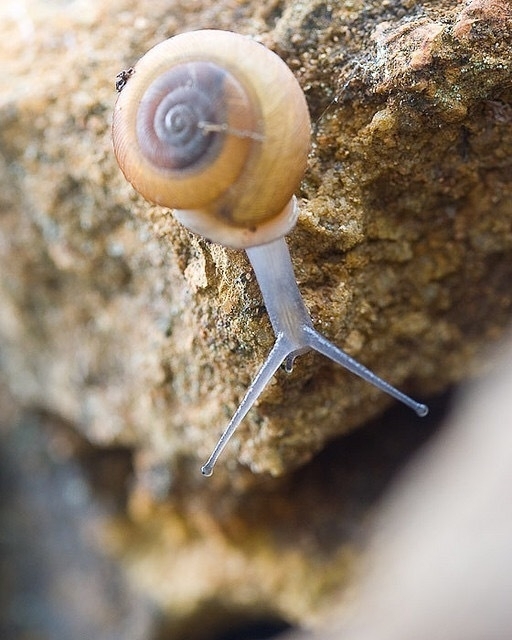 Another example of small is small as in intimate, which is to say, being aware of the simple things up close. When I take a walk in the woods I walk slowly. I’m happy to take a long hike for exercise but to truly explore I only need to venture out a few hundred feet outside my door. More often than not we miss the little detail going on all around us. It might be a cluster of tiny fungi growing in a carpet of moss. Or a snail moving across a rock. Those tiny things are easy to miss, especially for adults. We get busy with making life complicated and we tower so far above our toes that we rarely take the time or make the effort to see the world around us from a different perspective. Some of the most interesting stuff of life happens on this small scale.
Another example of small is small as in intimate, which is to say, being aware of the simple things up close. When I take a walk in the woods I walk slowly. I’m happy to take a long hike for exercise but to truly explore I only need to venture out a few hundred feet outside my door. More often than not we miss the little detail going on all around us. It might be a cluster of tiny fungi growing in a carpet of moss. Or a snail moving across a rock. Those tiny things are easy to miss, especially for adults. We get busy with making life complicated and we tower so far above our toes that we rarely take the time or make the effort to see the world around us from a different perspective. Some of the most interesting stuff of life happens on this small scale.
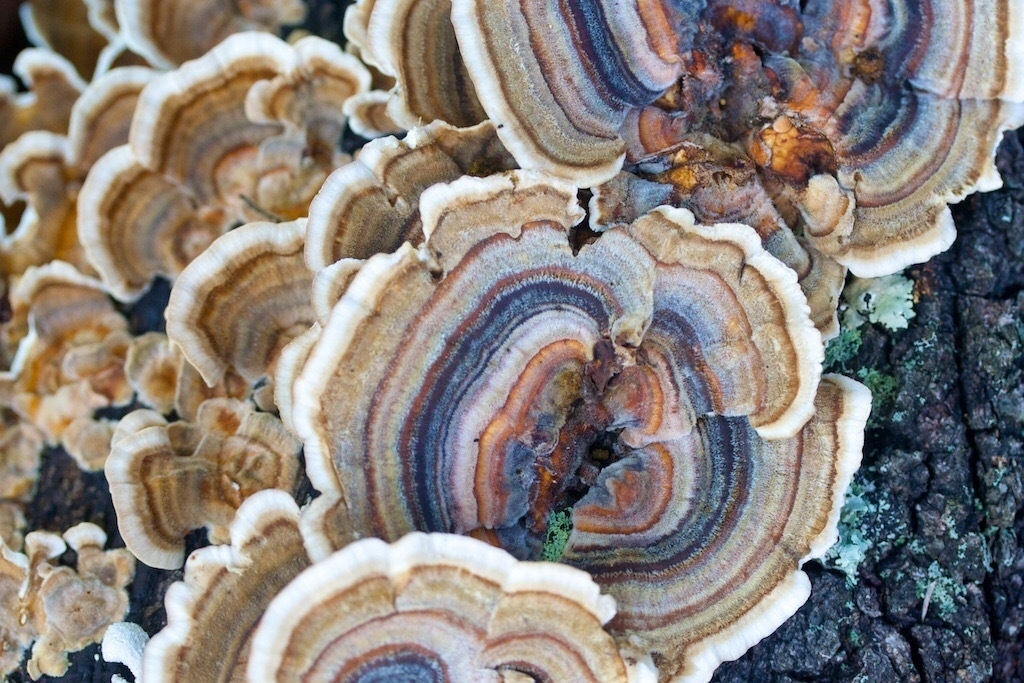 What begins as awareness can grow into appreciation and respect. It’s been my experience and observation that in the hustle and bustle of “modern” life we have disconnected from many important processes that are obvious if we’re paying attention but easily invisible if we’re not. Everything from soil building via decay to the hatching of turtle eggs to the transformation of a Monarch from larvae to butterfly. Life and death is happening all around us.
What begins as awareness can grow into appreciation and respect. It’s been my experience and observation that in the hustle and bustle of “modern” life we have disconnected from many important processes that are obvious if we’re paying attention but easily invisible if we’re not. Everything from soil building via decay to the hatching of turtle eggs to the transformation of a Monarch from larvae to butterfly. Life and death is happening all around us.
[caption id=“attachment_816” align=“aligncenter” width=“1300”]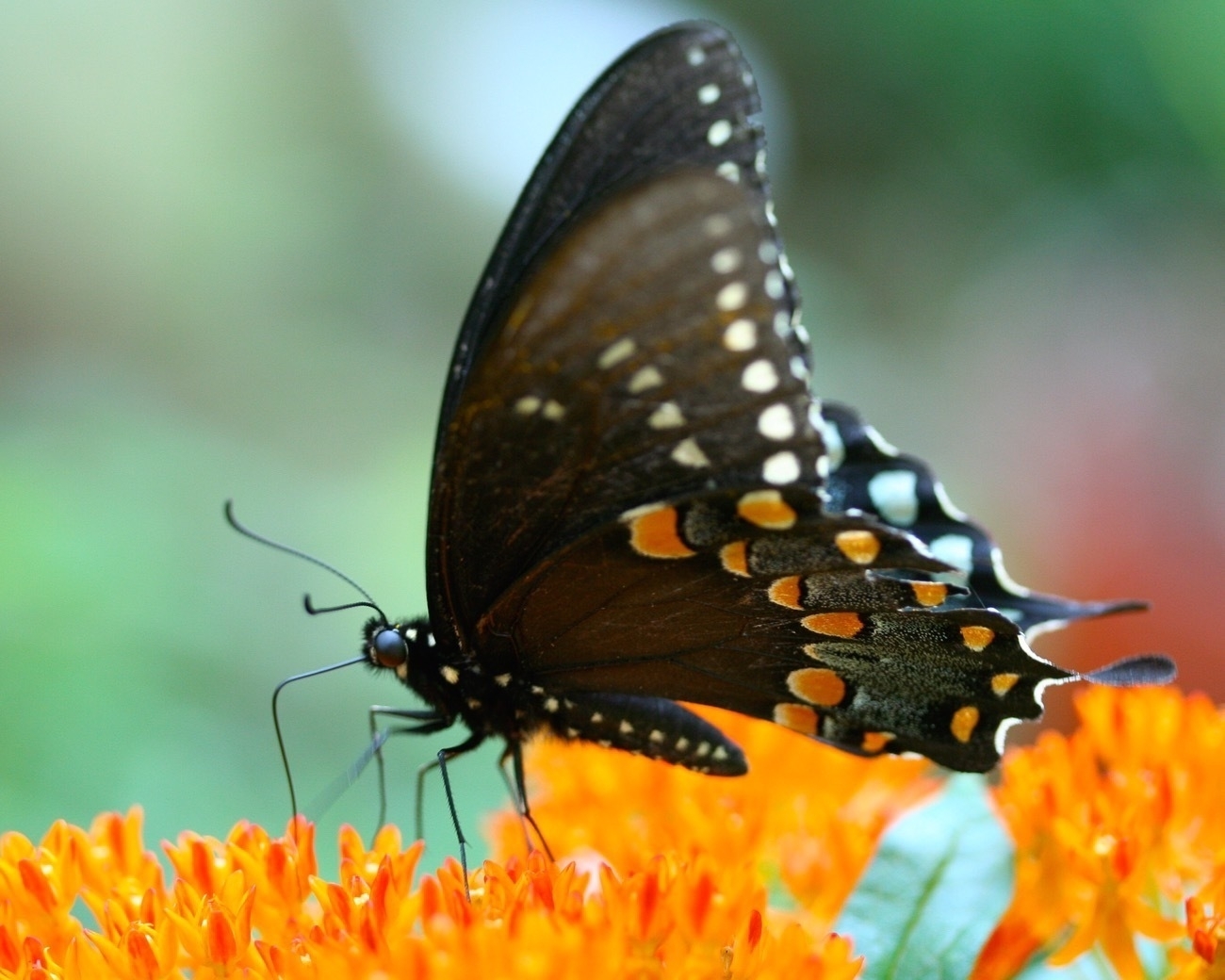 Spicebush Swallowtail nectaring from Butterfly Weed[/caption]
Spicebush Swallowtail nectaring from Butterfly Weed[/caption]
I’ll admit here the limits of these words. As much as I respect science and the scientific method I’m not a scientist and what I can offer here is personal perspective based on observation. Like many of the words shared throughout history, be it on paper or pixel, I am, in my own way, reaching out. Not so much to convince as to connect. Might I suggest we might do better embrace small? It is really just another way of suggesting that we embrace fragility. That we acknowledge that the life on our planet rests precariously on a tiny edge that we are collectively tipping out of balance.
So, how might this embrace manifest itself in how we live our lives? I’ve got a list! By no means exhaustive. Just a few of the things I try to implement in my life. Just something to get you started.
- Take more time eating breakfast
- Make it a point to go outside and get on your hands and knees. Find something tiny, something fragile.
- Observe the processes going on around us, especially those of the natural variety.
- Find nature even if you’re in an urban setting. Seek it out, preferably on foot.
- Plant a seed and make sure it grows. Best if it is something you can eat like a tomato.
- Be okay with being small.
- Think about your use of resources, especially fossil fuels. Reduce travel especially if it requires a plane or auto. Embrace trains and bicycles for travel.
- Reduce your use of resources. Then reduce it again. And again. Don’t stop.
- Increase your capacity to renew life around you. Start small. That tomato plant needs friends. Why not grow a pepper and some basil too?
- Take time to learn about the non-human species that inhabit your region.
- Mulch something. Mulch some of your grass lawn if you have a lawn. Grass lawns are a waste of resources. *Plant fruit trees or fruit bushes.
- Compost your organic waste. Don’t forget to dig into the pile every so often to check out the process.
- *Your tomatoes, peppers and basil are probably a little lonely. Plant some native wildflowers. There’s a bird or a butterfly just waiting to be fed by the flowers you plant.
- Remember, smaller homes require fewer resources to build, maintain, heat and cool.
- Share resources with your friends and neighbors.